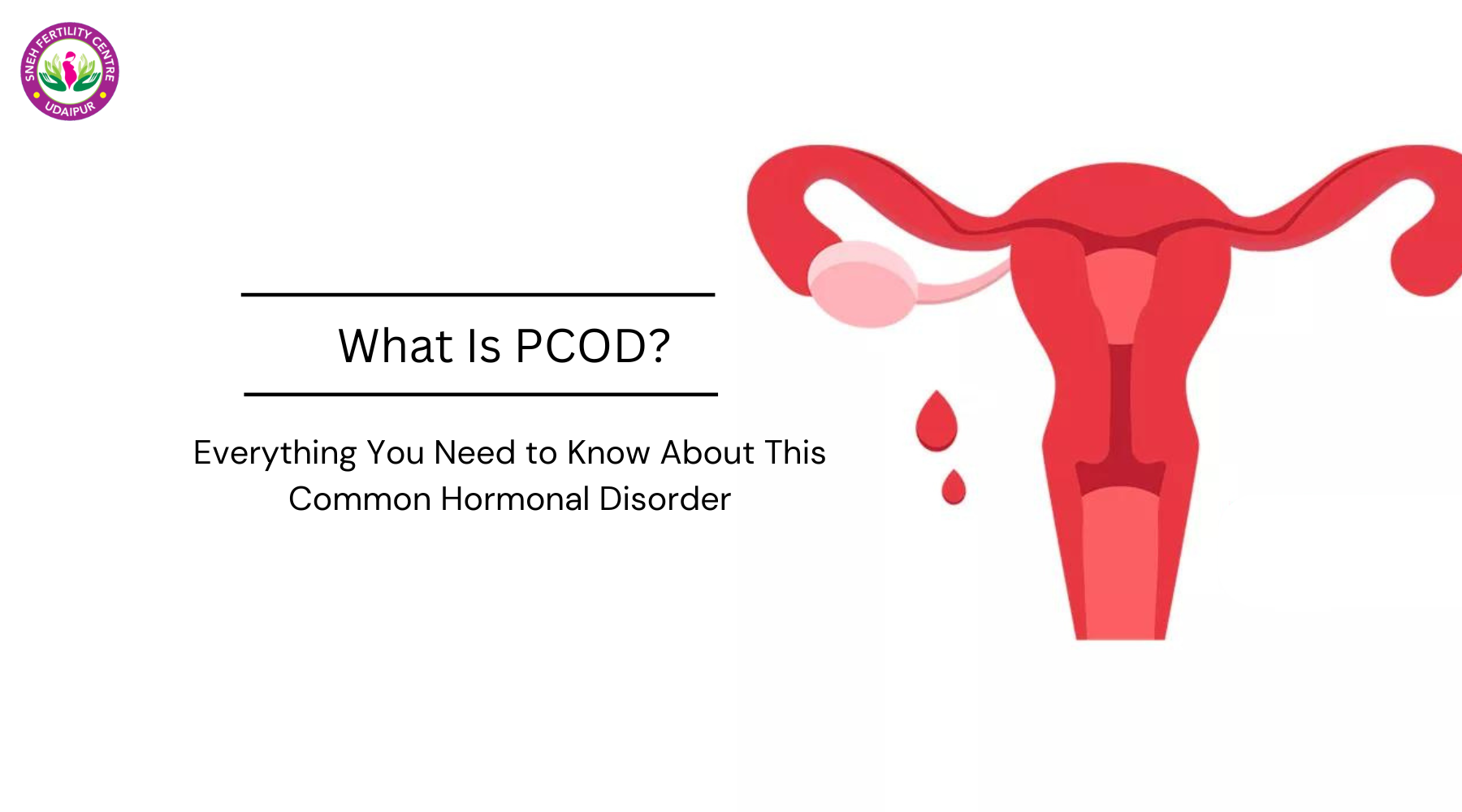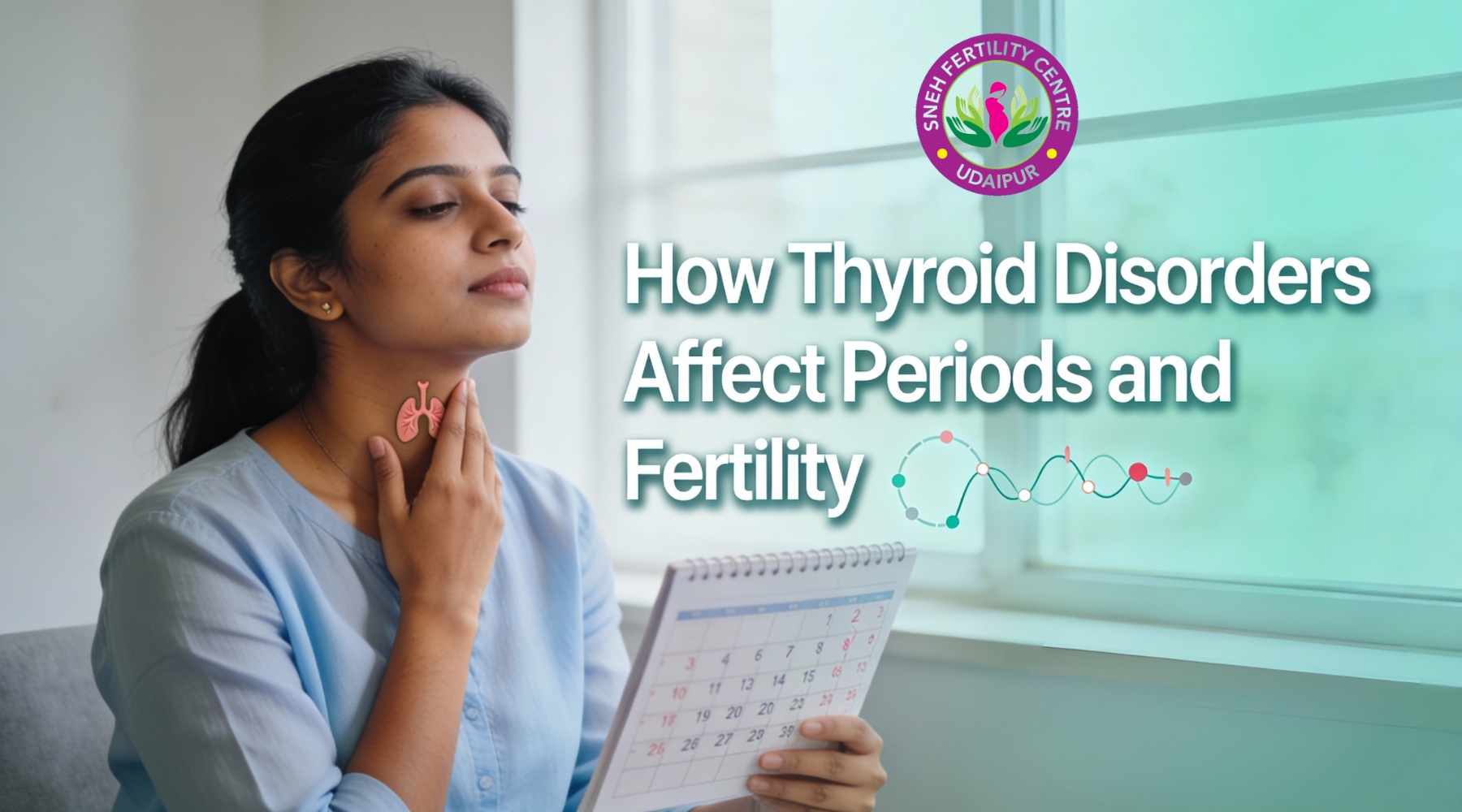Polycystic Ovarian Disease (PCOD) is one of the most common hormonal disorders affecting women of reproductive age. Despite its prevalence, many women are unaware of what PCOD is, how it affects their health, and the available treatment options. Understanding PCOD is essential for managing symptoms and maintaining overall well-being.
What Is PCOD?
PCOD, or Polycystic Ovarian Disease, is a condition where a woman’s ovaries produce an excessive amount of androgens, which are male hormones that are present in women in small amounts. This hormonal imbalance can lead to the formation of multiple small cysts on the ovaries and can disrupt the normal menstrual cycle.
Unlike Polycystic Ovary Syndrome (PCOS), which is a more severe condition, PCOD does not necessarily cause infertility but can still have significant impacts on a woman’s health. Read More!!
Symptoms of PCOD
The symptoms of PCOD can vary from person to person and may develop gradually. Common symptoms include:
- Irregular Periods: Women with PCOD often experience irregular or missed periods due to the imbalance in hormone levels.
- Excessive Hair Growth (Hirsutism): Increased levels of androgens can cause excessive hair growth on the face, chest, back, and other areas of the body.
- Acne: Hormonal imbalances can lead to the development of acne, particularly on the face, chest, and upper back.
- Weight Gain: Many women with PCOD struggle with weight gain, especially around the abdomen, due to insulin resistance.
- Thinning Hair: Some women may experience thinning hair on the scalp or hair loss, another effect of elevated androgen levels.
- Difficulty Conceiving: Although PCOD does not always cause infertility, it can make it more challenging to conceive due to irregular ovulation.
- Fatigue and Mood Swings: Hormonal imbalances can lead to fatigue, mood swings, and even depression or anxiety in some cases.
Causes of PCOD
The exact cause of PCOD is not fully understood, but several factors may contribute to the development of this condition:
How Is PCOD Diagnosed?
Diagnosing PCOD typically involves a combination of the following:
Treatment Options for PCOD
While there is no cure for PCOD, the condition can be managed effectively with the right treatment plan. Treatment options include:
1. Lifestyle Changes:Diet and Exercise: A balanced diet and regular physical activity can help manage weight, reduce insulin resistance, and alleviate symptoms. Stress Management: Reducing stress through techniques like yoga, meditation, and adequate sleep can also improve symptoms.
2. Medications:Hormonal Birth Control: Birth control pills can regulate menstrual cycles, reduce androgen levels, and help manage symptoms like acne and excessive hair growth. Anti-Androgen Medications: These medications can help reduce hair growth and acne by blocking the effects of androgens. Metformin: This medication is often prescribed to improve insulin resistance and lower insulin levels.
3. Fertility Treatments:For women who are trying to conceive, fertility treatments like ovulation induction and assisted reproductive technologies (ART) may be recommended.
4. Regular Monitoring:Regular check-ups with your healthcare provider are essential to monitor your condition and adjust your treatment plan as needed.
Managing PCOD with Expert Care
At 𝗦𝗻𝗲𝗵 𝗙𝗲𝗿𝘁𝗶𝗹𝗶𝘁𝘆 & 𝗨𝗿𝗼𝗹𝗼𝗴𝘆 𝗖𝗲𝗻𝘁𝗲𝗿, we understand the challenges that come with managing PCOD. Our team of experienced gynecologists and endocrinologists provides comprehensive care tailored to your unique needs. We offer a range of treatments and support services to help you manage your symptoms, improve your quality of life, and achieve your reproductive goals.
If you suspect you have PCOD or are experiencing symptoms, don’t hesitate to reach out to us. Early diagnosis and personalized care can make a significant difference in managing this common hormonal disorder. Contact 𝗦𝗻𝗲𝗵 𝗙𝗲𝗿𝘁𝗶𝗹𝗶𝘁𝘆 & 𝗨𝗿𝗼𝗹𝗼𝗴𝘆 𝗖𝗲𝗻𝘁𝗲𝗿 today to schedule a consultation and take the first step towards better health.






